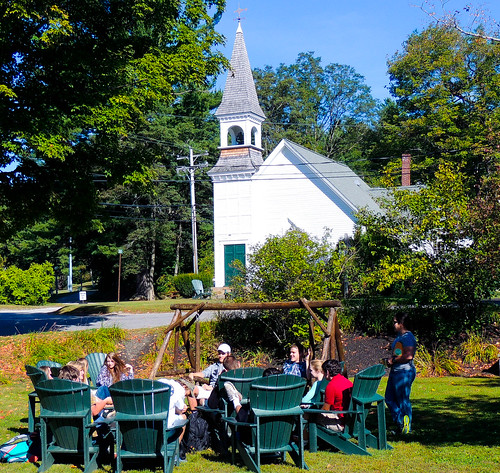Every ten years, Proctor--and every other school--undergoes a reaccreditation process through the New England Association of Schools and Colleges. Next month, a team of educators recruited by NEASC will visit Proctor for three days, intensively delving into our world, our work and and our community. Essentially, the evaluation asks how we do what we say we want to do. As the head of NEASC told us more than a year ago as we began anticipating this process, the issue of accreditation is not in play here: Proctor is recognized as a healthy, prospering school that has a clear mission, and the fact that the demand for admission is so strong indicates that we do great things. The real benefit of this undertaking is not accreditation, but honest, intensive self-evaluation and opportunities for improvement and growth.
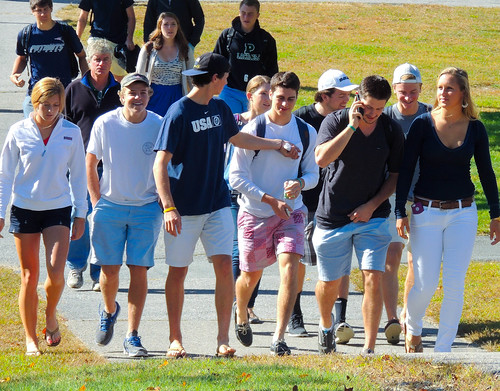
We have met in committees for a full year--exploring, critiquing, praising and affirming systems, programs, and outcomes. We've interviewed parents, students, alumni, staff and every possible constituency. Our self-study spanned sixteen catagories, or "standards" in NEASC parlance, including Mission, Enrollment, Resources, Residential Program, Communication, Administration, Faculty and two that we created specifically because we are Proctor: Off Campus Programs and Sustainability.

It has been tough work. Training a critical eye on a school we love is not easy, yet the overwhelming outcome is affirmation and recommitment.
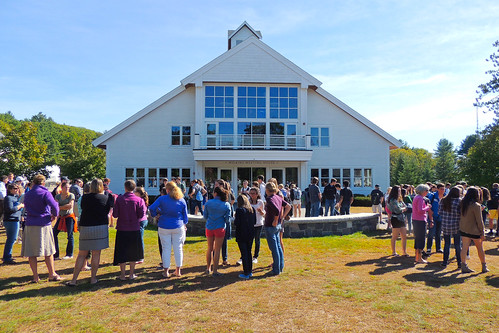
Today, our exhaustive preparatory work is complete, and we look forward to welcoming the visiting committee.
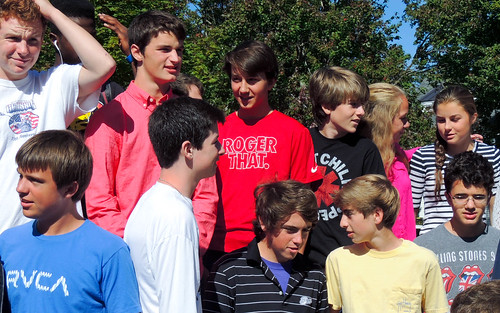
After the committee's visit, they will write a report that responds to each item in the self-study, offering commendations and recommendations. The recommendations will provide avenues for future work and self-improvement.
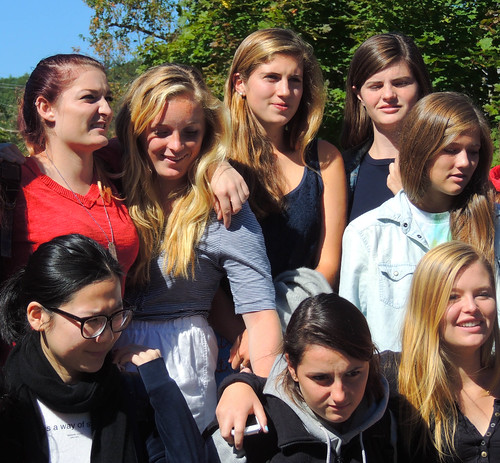
Yet the preparatory self-study already presents topics for consideration. As Head of School Mike Henriques wrote to faculty recently, "
Why wait for the NEASC accreditation team to point out what we have already self identified? Why wait to begin the work?"
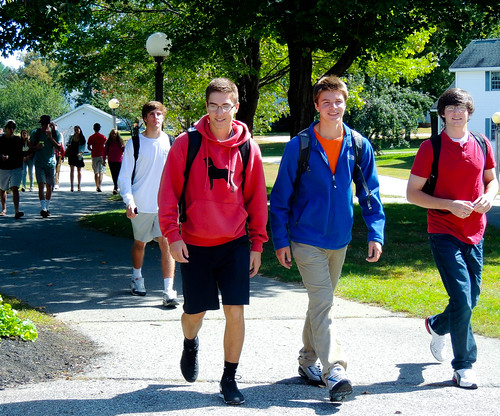
One area that invites immediate attention is the ever-changing role of technology in classrooms and beyond. Students and faculty are transitioning to bold new opportunities and challenges presented by campus-wide introduction of iPads and Nspire graphing calculators, while teachers work to master a new grading/attendance platform.
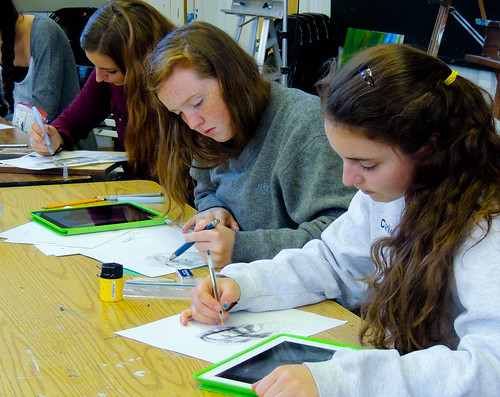
We are challenging ourselves to be purposeful with strategic planning that will guide admission work and communication. We want to be purposeful in assessing the role of the arts in our lives, as well as academic policies and systems that impact access to the arts.
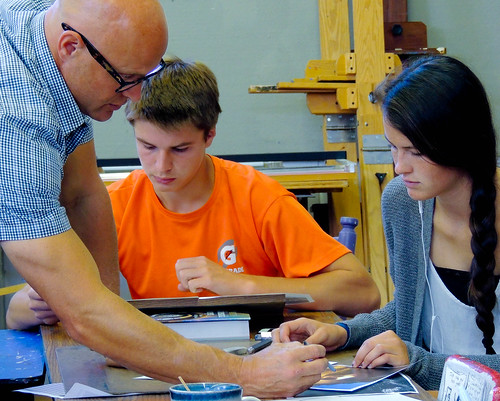
Mike and the leaders who have driven the self-study process have steered it to be open, honest and complete. As a result, we can consider positive growth steps before the arrival of the visiting team and its subsequent report. This has been a lot of work, and we might as well capitalize on it!
